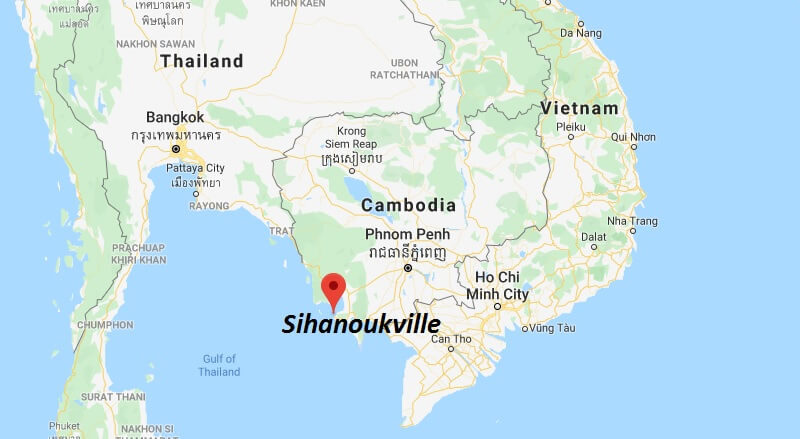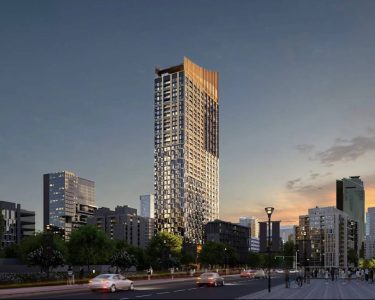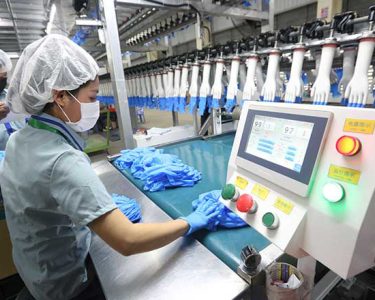Clint O’Connell
Twenty-five years before he was elected president, Donald J. Trump appeared on Capitol Hill to argue that Congress had closed too many tax loopholes for the real estate industry. Trump emphasized that real estate creates numerous jobs and stimulates the economy through the purchase of materials like carpet, furniture, and refrigerators. Famously, Trump benefited from a 40-year property tax abatement when building the Grand Hyatt in New York, which was recovering from a fiscal crisis at the time. This abatement cost New York City over $400 million in forgiven or uncollected taxes on a property that only cost $120 million to build in 1980.
Read More: Cambodia’s Real-Estate Community Welcomes Sihanoukville Investment Incentive Program
Cut to Sihanoukville, Preah Sihanouk Province, Cambodia, in 2024, and the situation feels familiar. The province experienced difficult fiscal times following a surge of Chinese-led investment in real estate, driven by the legalization of gambling, which resulted in a boom period for constructing casinos and hotels. However, this boom ended abruptly with the 2019 ban on online gaming and the subsequent COVID-19 outbreak, leaving many buildings half-finished and causing an exodus of Chinese businesses.
Targeted Tax Incentives
In January 2024, the Royal Government of Cambodia introduced a special program to promote investment in Preah Sihanouk Province. This program is part of the ambitious Pentagonal Strategy-Phase I, a policy centerpiece of Prime Minister Hun Manet, Vice-President of the ruling CPP party. One of the goals of the Pentagonal Strategy is to develop specific regions into economic growth engines for the entire country. Preah Sihanouk Province, with its deep-sea port, expressway, airports, and natural resources, has been prioritized for development into a multi-purpose special economic zone.
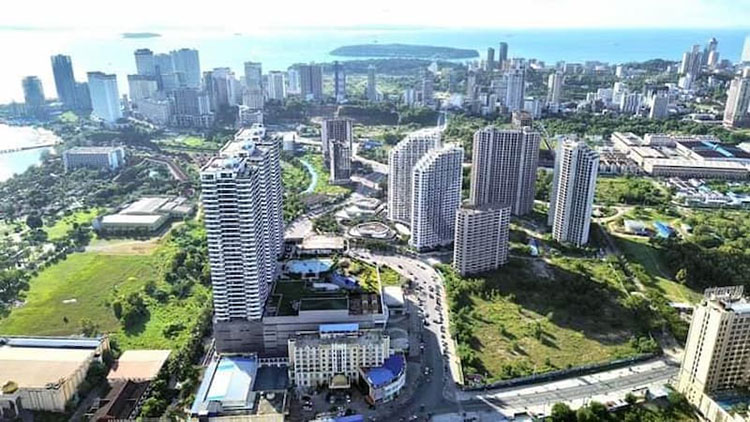
The program provides targeted tax incentives for three categories of investment projects or business activities in Preah Sihanouk Province:
- Investment projects/business activities related to unfinished buildings re-starting in 2024.
- Investment projects/business activities not related to unfinished buildings starting in 2024.
- Expansion of existing investment projects/business activities starting in 2024 based on specific criteria.
For category one, the tax incentives include:
- An additional three years of corporate tax exemption for existing Qualified Investment Projects (QIP) and tax-registered SMEs.
- A three-year corporate tax exemption for registered taxpayers that do not qualify as QIP.
- An exemption of Value-Added Tax on local supplies.
- An exemption of withholding tax on rental property for five years.
- An exemption for unpaid Immovable Property Tax and associated penalties for the period 2016-2025.
Tangible Benefits?
Examining the tangible benefits of these tax incentives raises more questions than answers. Most QIPs in Preah Sihanouk Province were registered under the previous Law on Investment, which did not include casino activities, real estate development, or hotels classified below three stars. Given the desire for long-term investors, a three-year corporate tax exemption may not be enough to attract cautious investors in the current market conditions.
The exemption of Value-Added Tax on local supplies echoes the new incentive under the 2021 Law on Investment, which already exists for QIPs in Preah Sihanouk Province and mainly provides a timing benefit for construction entities facing cash flow issues. A robust VAT refund mechanism would negate the need for such incentives.
The exemption of withholding tax on rental for five years does not significantly benefit developers. Most developers or building operators should be tax-registered, meaning no withholding tax would apply when issuing tax invoices to tax-registered tenants. For unregistered property owners dealing with tax-registered tenants, the cost of withholding tax has often been incorrectly passed to the tenant. Thus, the exemption primarily benefits tenants, not the property owners it was designed for.
Comparatively, the property tax rate in New York during Trump’s abatement was around $8-$9 per $100 of assessed value. The current property tax rate in Cambodia is 0.1% or $0.10 per $100 of assessed value.
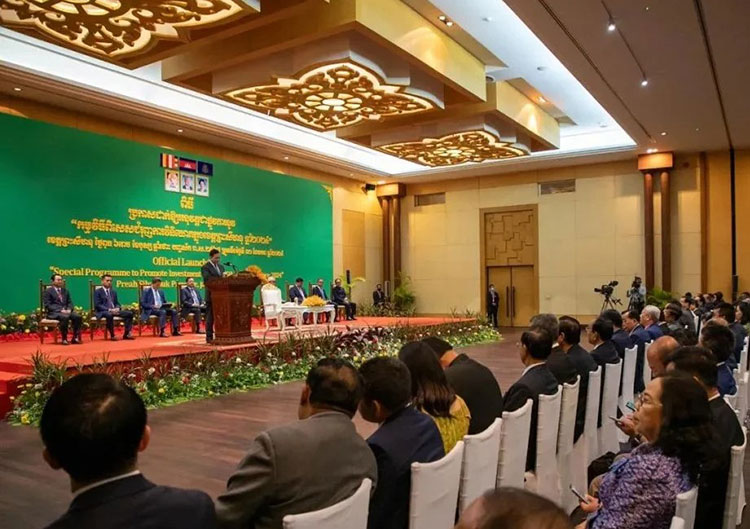
The Goldilocks Doctrine
Treating the patient rather than the disease in medical terms means considering the patient’s needs when deciding how to proceed. The current tax incentives in Preah Sihanouk Province provide a short-term solution but do not address the underlying needs of the investors. Investors require long-term tax certainty, especially when investing heavily in foreign infrastructure.
A balanced approach to tax policy is crucial. Too liberal an approach could result in significant revenue loss for the government, while too restrictive a policy might deter potential investors. Alternative options could include pre-negotiated taxes for a long-term period, advance tax rulings, exemptions on profit repatriation, and comprehensive tax incentives on financing costs. These measures could remove the need for tax audits and provide the government with fixed tax revenues.
While the current incentives in Sihanoukville are a good start, they do not address more pressing tax issues for investors, such as unpredictable tax audits, the lack of an independent tax tribunal, and uncertainty regarding tax law interpretation. Preah Sihanouk Province is on the right track to becoming an economic growth engine in Cambodia, but the extent to which current tax incentives will encourage investment remains uncertain. Investors generally look for long-term benefits, and the current incentives may not provide the necessary reassurance for a long-term commitment.
Clint O’Connell Partner at DFDL Cambodia, is an active and respected member of the business community in Cambodia. He is a frequent speaker and author on tax and customs issues and has been featured in various media outlets and publications. Clint is a renowned tax and customs expert who has been working professionally in Cambodia for over 17 years. This article was published in the CamEd Business Review June H1 2024 edition.


